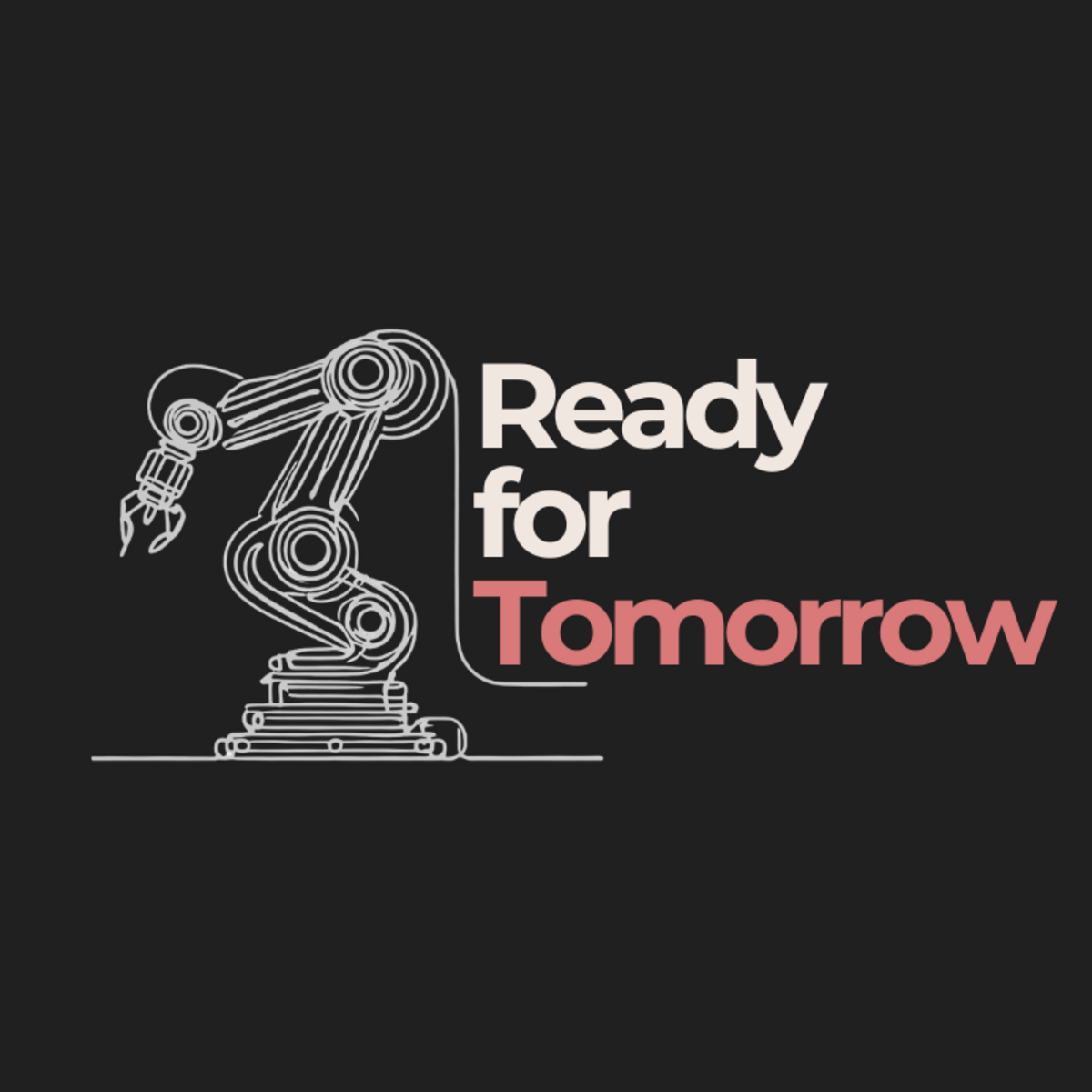Last week, I visited Toyota Motor Manufacturing Poland. I expected the usual: noise, heat, oil, metal, machines pounding without pause.
But something different stopped me.
In the middle of this hardened world — presses, robotic arms, forged parts — I saw two women.
They stood at a quality station. Calm. Focused. Inspecting metal housings fresh from the press. Eyes sharp. Movements precise. They checked for burrs and sharp edges. No rush. No panic. Just clarity and control.
It was the last point on the line. Quiet, precise. Not far from the roar of robots and CNC machines. But it’s where everything was decided.
And I liked it.
I admire women who stay true to who they are. And still walk into places no one expected them to be. This wasn’t about proving anything. It was about doing the job right, in a space that finally made room.
I’ve spent most of my career in factories. First as a service engineer. Then as a product manager for industrial robots. Now, I’m in marketing at Mitsubishi Electric, managing automation in Central and Eastern Europe.
I’ve seen a lot of machines. I’ve seen them replace the heavy, dull, dangerous jobs. But I hadn’t noticed this. Automation also changes who gets to work.
Unlock the Ultimate ChatGPT Toolkit
Struggling to leverage AI for real productivity gains? Mindstream has created a comprehensive ChatGPT bundle specifically for busy professionals.
Inside you'll find 5 battle-tested resources: decision frameworks, advanced prompt templates, and our exclusive 2025 AI implementation guide. These are the exact tools our 180,000+ subscribers use to automate tasks and streamline workflows.
Subscribe to our free daily AI newsletter and get immediate access to this high-value bundle.
Heavy industry used to mean big arms. Big tools. Big noise. A man’s world, shaped by strength. But machines are stronger now. And smarter. What’s left asks for something else. Attention. Insight. Care.
The woman checking parts didn’t lift anything. She watched. She noticed. She decided. That’s the job. And she nailed it. Quiet strength doesn’t need volume.
People say robots take jobs. But that’s not the full story. Robots remove pain, not purpose. They take the grind and leave room for thought. That shift brings in new people. With new ways to work.
It invites women into places they were once told they didn’t belong.
Automation isn’t just for labs or mega-factories. It’s a robot here. A sensor there. A smarter line. A layout that saves your back. Small changes. Big impact.
It doesn’t just boost output. It makes work more human. More bearable. And that comfort opens the door.
For years, women didn’t avoid factories because they lacked skill. They avoided them because the job wasn’t worth the pain. Now it’s changing.
Let’s not romanticize it. One robot won’t fix bias. But better tools break old barriers. And new people walk in.
Poland isn’t Norway. But we’re moving. More women in tech schools. More companies building balanced teams. More young people seeing industry as a shared space. Not a man’s world.
And men aren’t losing. We’re shifting too. I’ve seen press operators become programmers. Maintenance guys become automation leads. If you’re open to learning, there’s always a seat.
So to anyone unsure — especially young women — here’s what I know. If you like it, try it. Don’t wait for permission. The machines are ready. The systems are ready.
Now people need to be ready too.
As I left the Toyota plant, that image stayed with me.
Two women. Steady hands. Sharp eyes. At home in the noise and heat. Owning their moment.
That’s the future of industry.
Not loud. Not flashy.
Just open.
Cheers, Jacek


